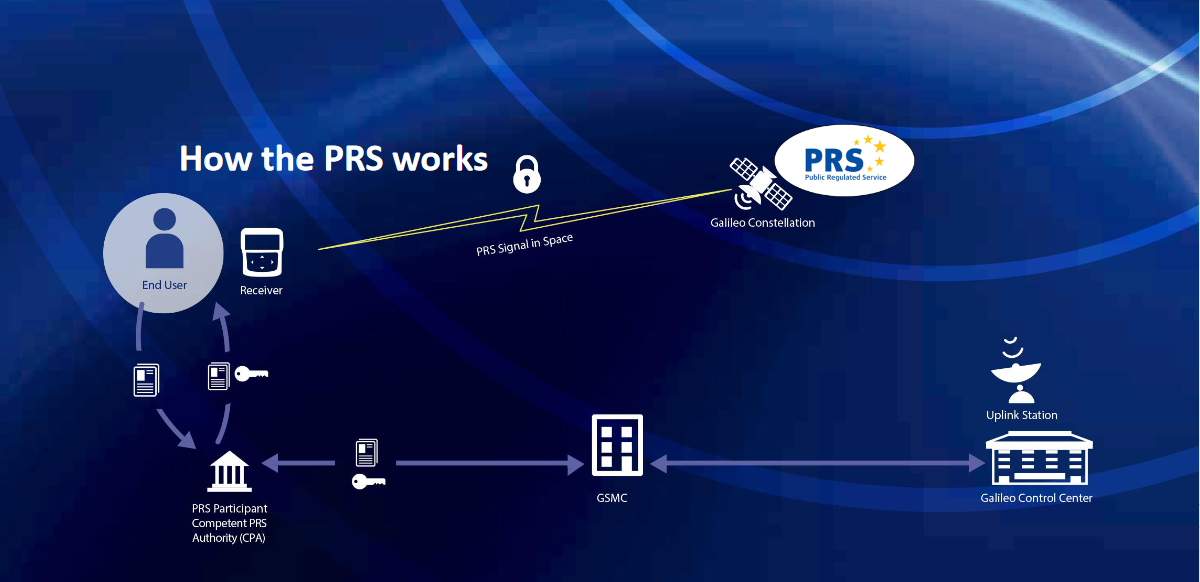As technology advances and satellite services become indispensable to our daily lives and national security, it is essential to protect these systems from cyber threats.
The competent public service regulator (CPA) plays an important role in ensuring the security, reliability and sound management of the regulated public service (PRS) provided by the Galileo system .
PRS is an encrypted browsing service designed for use by government agencies and organizations that require a high level of security, such as security forces and emergency services.
The ACP is responsible for issuing licenses to authorized users of the PRS, ensuring that they meet the necessary administrative and security criteria.
This includes monitoring these users to ensure compliance with regulations and taking corrective action in case of violations.
The monitoring performed by the ACP helps maintain the integrity and reliability of the SRP.
Security and risk management are central to the CPA’s mission.
The agency ensures that PRS users follow strong security procedures to protect sensitive browsing data.
It also develops and implements risk management strategies to address potential threats and vulnerabilities.
By proactively managing risk, CPA helps protect critical satellite infrastructure against cyber threats.
The primary responsibility of the ACP is to manage the cryptographic keys used to encrypt PRS data.
This involves generating, distributing and renewing keys as well as ensuring secure storage.
CPA assists PRS users in the proper management of these keys, ensuring compliance with regulated security procedures.
Training and awareness programs are another essential part of the CPA’s role.
CPA conducts programs to inform authorized users of PRS about the latest security developments and practices.
These programs include theoretical training and practical exercises on key management, security procedures, and incident response.
This ongoing training program helps users stay prepared to effectively manage security threats.
Cooperation and coordination with other national and international agencies, as well as with the European GNSS Agency (GSA), are also essential aspects of the CPA’s work.
By sharing information and best practices, CPA promotes a unified approach to addressing threats and improving the security of Galileo systems.
This partnership ensures that PRS users can rely on a robust and secure browsing service.
CPA practice offers many advantages.
Strong security measures protect sensitive information from malicious attacks, while a reliable and trustworthy framework ensures users can rely on PRS for their critical needs .
A CPA’s efforts also ensure regulatory compliance, reducing the risk of violations and penalties.
Additionally, CPA’s flexibility allows it to adapt security policies and processes to accommodate current and future threats, thereby maintaining system resilience and flexibility.
.
In summary, the competent utility regulatory agency (CPA) plays an important role in ensuring the PRS of the Galileo system.
Through threat surveillance oversight, information sharing, training and policy development, APC ensures the resilience and security of space infrastructure.
Its proactive approach to security helps protect the space sector and ensure a secure future for all space-related activities.
The Role of the Competent Public Regulated Service Authority (CPA)

